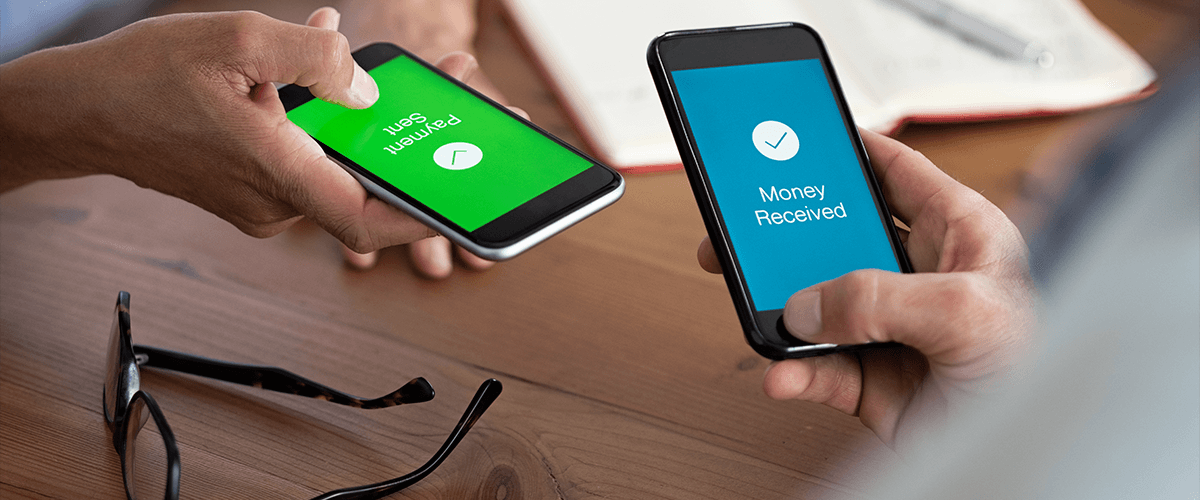‘Person-to-person’ or ‘Peer-to-Peer’ (P2P Payments) have been a growing trend in past years. P2P payments are offered through online services or apps and allow you to send money quickly to someone you know without writing a check, handing them cash or swiping a card. Although millions of dollars are safely sent each day through one of these services/apps such as Venmo, Zelle, Apple Pay, Pop Money and Facebook P2P Payments in Messenger, it is important to keep these tips in mind:
- It is recommended that these be used among Family and Friends (people you know).
Don’t deal with strangers. Generally, these services are intended for personal use such as paying a friend back for lunch, splitting the cost of rent with a roommate, etc. However, if you need to transact on items that you are selling or buying, services such as PayPal or Square (Cash App) are mostly recommended. Read their terms and conditions to learn which prohibit their use for commercial purposes such as the buying and selling of goods and services. - Set up these apps to require a Password, PIN, Fingerprint, Face ID or Multi-Factor Authentication before making a payment.
Enable these settings since peer-to-peer payment systems require access to your financial information. If you lose your mobile device, these settings will block easy access to your money. - Opt for a notification for every transaction.
Some platforms do this automatically, but if the one you use does not, check the settings for the option to get an email or text any time there’s a transaction on your account. - Enter the information carefully.
If you mistype a recipient’s email address, phone number or name, the money could go to the wrong person. Double-check your recipient’s information before you send the payment. - Avoid Phishing Emails.
Scammers send out random emails to try to trick you to disclose key information into these apps. Keep in mind that these P2P payment service providers will not ask you for key information by email or text. - Avoid Fake Websites.
Fake or cloned websites are all too common. Ensure that you are on an official site (or app) before entering sensitive information.
Although major P2P systems protect your financial information through data encryption, your participation in protecting your sensitive information is also essential.


